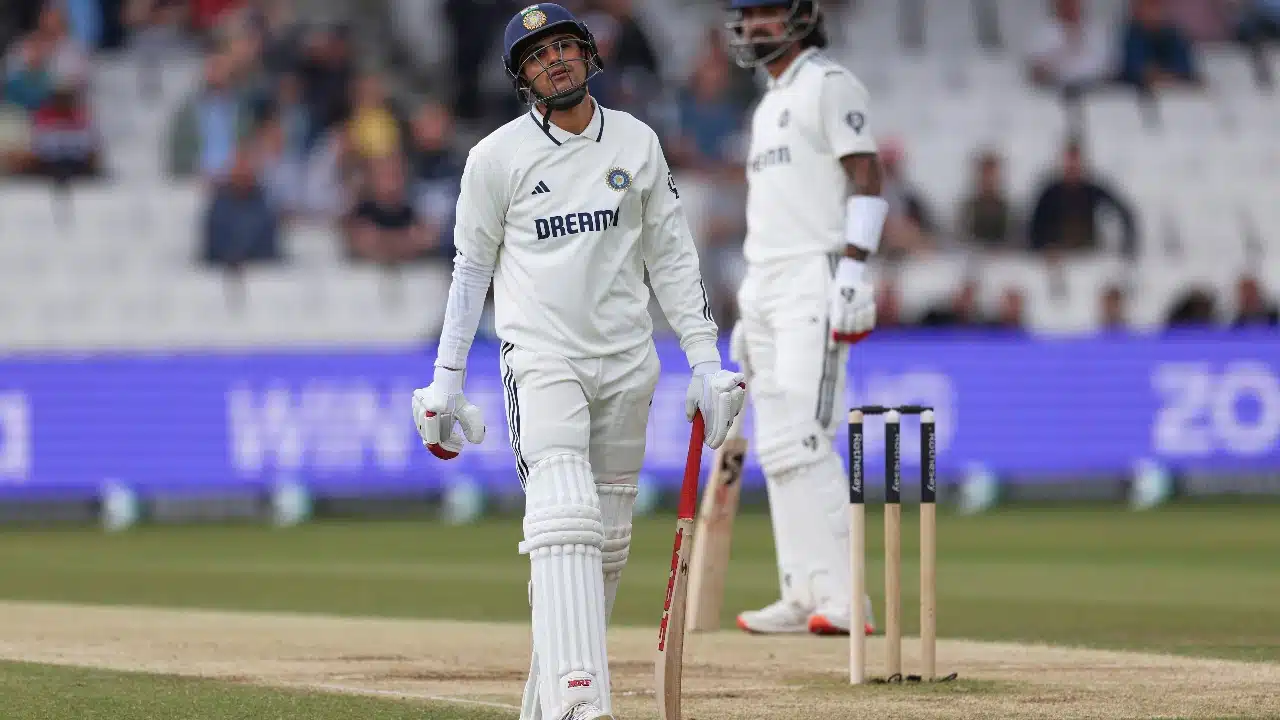Shubman Gill Shares His Primary Goal Ahead of India vs England Match

Shubman Gill’s debut as captain of the Indian Test cricket team began with promise but quickly faced challenges against England at Headingley. Gill, who aimed to be the highest run-scorer of the series, made a remarkable entry by scoring a century. However, despite his batting success, India ended the first Test with a loss, leaving Gill’s leadership skills under scrutiny. As the fifth youngest Indian Test captain, he has much to learn, especially in navigating the complexities of captaincy in English conditions.
Shubman Gill’s Century and Leadership Journey
In his first match as captain, Shubman Gill showcased his batting prowess with a century, becoming the fifth Indian player to achieve this milestone upon debuting in a leadership role. This remarkable achievement set high expectations for his captaincy. However, the match revealed that leading a team in England presents a unique set of challenges. The conditions are different from those in India, and as Gill experienced, the English batting lineup is formidable. Coach Gautam Gambhir acknowledged that Gill’s captaincy journey would be a steep learning curve, especially as he adapts to the demands of leading in such tough environments.
Gill’s body language on the field suggested confidence, reflecting his experience from the IPL with the Gujarat Titans. He maintained composure even during tense moments. However, his captaincy decisions, particularly in field placements and bowler usage, raised questions. The match highlighted the need for Gill to assert his authority and make bold choices to steer the team in difficult situations.
Strategic Decisions and Missed Opportunities
One of the key areas of concern was Gill’s management of allrounder Shardul Thakur. Despite being labeled a bowling allrounder, Thakur was underutilized, bowling only six overs in the first innings. This decision left some observers questioning Gill’s confidence in Thakur, which could be a detrimental sign for the team. Former India spinner Ravichandran Ashwin emphasized that Thakur should bowl within the first 40 overs to maximize his effectiveness, especially against a player like Joe Root.
Gill’s decisions regarding his bowlers came under scrutiny during critical phases of the match. There were moments when he delayed reintroducing key bowlers like Jasprit Bumrah and Ravindra Jadeja, which allowed England to gain momentum and extend their lead. Such tactical missteps demonstrated the challenges Gill faces as a young captain, highlighting the importance of maintaining aggressive strategies to secure victories.
Looking Ahead: Areas for Improvement
As India prepares for the second Test, Gill’s captaincy will be put to the test again. The upcoming match provides an opportunity for him to learn from his experiences in the first Test. The need for bold decisions is paramount, especially in terms of team composition. Discussions are already underway about potentially including Kuldeep Yadav to strengthen the bowling attack.
The success of this decision could significantly impact India’s performance moving forward. Historical precedents show that innovative strategies can lead to success in challenging conditions, as seen in past tours of England. Gill’s leadership will be crucial in determining the direction of the series, as he needs to balance aggression with tactical caution to lead his team effectively. Ultimately, Gill’s ability to adapt and grow as a captain will define his early career and the team’s prospects in this series.
Observer Voice is the one stop site for National, International news, Sports, Editor’s Choice, Art/culture contents, Quotes and much more. We also cover historical contents. Historical contents includes World History, Indian History, and what happened today. The website also covers Entertainment across the India and World.

